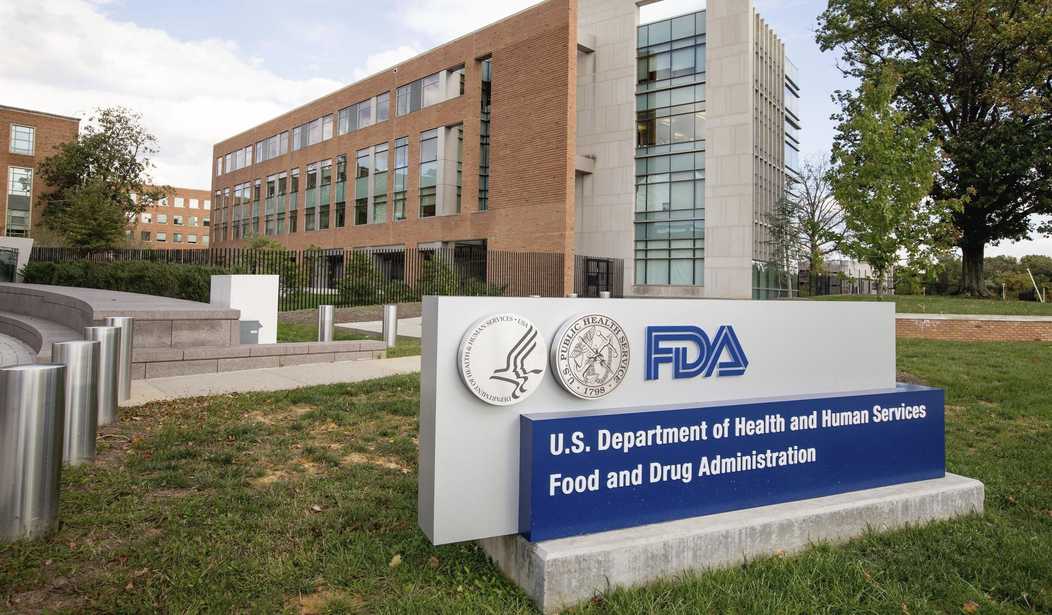Nearly six million Americans of all ages are living with Alzheimer’s disease, and more than 16 million Americans care for people living with Alzheimer’s and other dementias. Because this disease affects the lives of millions, President Donald Trump recently recognized November 2019 as National Alzheimer’s Disease Awareness month.
“As a Nation, we must—and we will—do more to give patients and their families hope when it comes to an Alzheimer’s diagnosis,” Trump said.
As the sixth-leading cause of death in the United States, finding treatments for this awful disease is crucial to the lives of millions. And the first thing our nation must do to “give patients and their families hope” is to end the regulatory red tape of the Food and Drug Administration (FDA) that makes accessing treatment terribly inefficient.
There is indeed hope for those suffering from Alzheimer’s. It’s found in the development of the NeuroAD Therapy System, developed by Neuronix. This medical device does not cure Alzheimer’s, but it is used as a treatment to slow and reverse progression of the disease.
Currently, FDA has the authority to allow or disallow people access to all drugs and medical devices that are legally sold and used in the country. The FDA recently denied the NeuroAD system from being made available in the United States, despite the product, which is available in Asia, Australian, and Europe, showing great promise.
If you are an American seeking to use this medical device to treat Alzheimer’s, you ought to get your passport stamped, because you will not be using it in the United States soon.
Recommended
Even though the FDA approved the medical device for safety, FDA unanimously vetoed the product’s approval. Despite the device having been approved in other countries with similar regulatory standards, Biospace.com reports the FDA “found that the device met FDA safety standards, but the company’s clinical trials didn’t show that it was effective.
“There also seemed to be issues related to the failure on the part of the company to provide specific types of data or follow suggestions the agency made during the trial process,” Biospace.com further reports.
The fear of allowing a medical device on the market that is not going to prove effective for enough patients should not be what is hindering the FDA from approving potentially lifesaving or life-changing treatments and medical devices. Patients should be free to choose whatever treatment options they think best, regardless of what the FDA thinks.
It is simply unethical that under FDA rules, unless you are extremely wealthy and have the means to fly around the world to access different health care services, you cannot test the efficacy of this new device. For the average American, that simply isn’t an option. What’s more, FDA’s regulatory rules hinder advancement of medical products, because if few people are able to access new treatments, doctors and scientists have less information and data by which to innovate and improve patient outcomes.
Yet there is hope in a new reform called Free to Choose Medicine, which aims to bring safe and effective drugs to patients sooner and at a lower cost. The policy proposal is a comprehensive approach to address the root of the problem that is the current FDA drug-approval process. It takes 12 years and $2.9 billion to bring a drug from lab to market, but implementing Free to Choose Medicine would alleviate unnecessary regulatory burdens that have resulted in a lack of innovation and limited options for patients.
The United States ought to be leading the rest of the world in innovation when it comes to medical advancements. Curing tragic diseases like Alzheimer’s should be a national priority, but the current FDA drug-approval process is not just detrimental, it’s deadly.

























Join the conversation as a VIP Member